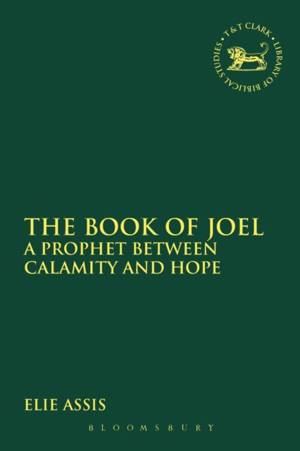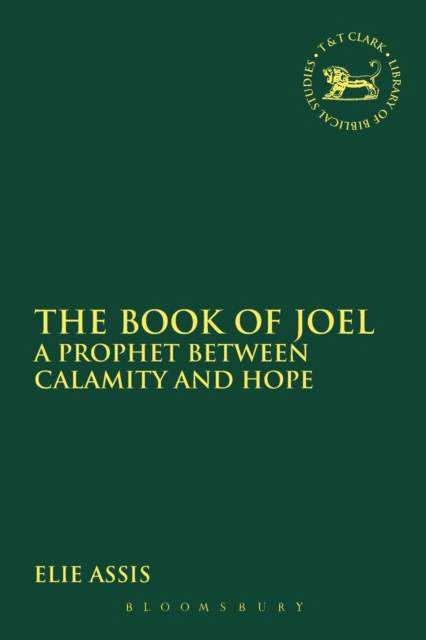
- Retrait gratuit dans votre magasin Club
- 7.000.000 titres dans notre catalogue
- Payer en toute sécurité
- Toujours un magasin près de chez vous
- Retrait gratuit dans votre magasin Club
- 7.000.000 titres dans notre catalogue
- Payer en toute sécurité
- Toujours un magasin près de chez vous
Description
Prophetic sayings are generally a reaction to immediate realities, and therefore attempts to understand prophetic literature without the benefit of the prophet's historical milieu are limited or inaccurate. Contrary to the prevailing opinion that Joel is post-exilic, the book is located within the exilic period, recognising the lack of any rebuke consistent with a people experiencing deep despair. The Book of Joel places great emphasis on the motif of the divine presence residing in the midst of Israel, and it is asserted that the prophet's main purpose was to bring the people to renew their connection with the Lord after the destruction of the Temple, which, though physically ruined, had not lost its religious significance. A literary and rhetorical analysis demonstrates how the prophet sought to influence his audience. Literary devices and rhetorical tools are investigated, and their relevance and contribution to the book's meanings are explored. One central feature of the book is its focus on a detailed discussion of the position and purpose of the locust plague, employing recent literary approaches.
Spécifications
Parties prenantes
- Auteur(s) :
- Editeur:
Contenu
- Nombre de pages :
- 304
- Langue:
- Anglais
- Collection :
- Tome:
- n° 581
Caractéristiques
- EAN:
- 9780567657183
- Date de parution :
- 25-09-14
- Format:
- Livre broché
- Format numérique:
- Trade paperback (VS)
- Dimensions :
- 156 mm x 234 mm
- Poids :
- 426 g







